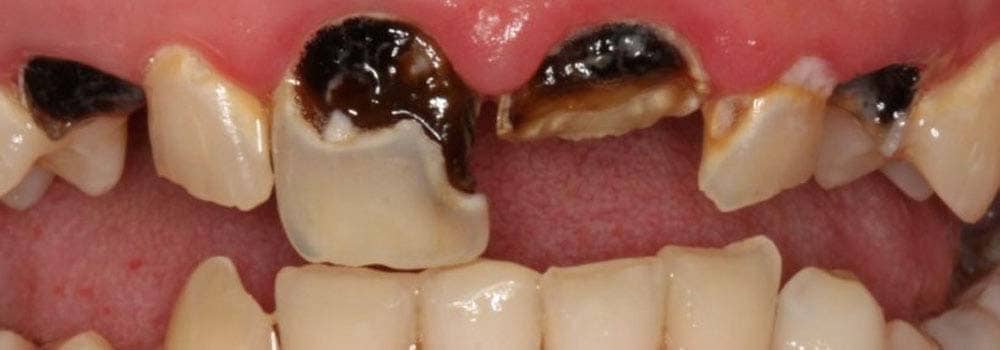The link between oral health and overall wellness. What your dentist wants you to know. Maintaining good oral health is not only essential for a healthy smile but also for your overall well-being. Your dentist wants you to know that there is a strong link between oral health and overall wellness. Here are some key points to consider:
Systemic Health Connections:
Your oral health can impact various aspects of your overall health. Research has shown links between oral health and conditions such as cardiovascular disease, diabetes, respiratory infections, and even adverse pregnancy outcomes. By taking care of your oral health, you can potentially reduce the risk of developing these systemic health problems.

Gum Disease and Inflammation:
Gum disease (periodontitis) is a chronic inflammatory condition that affects the gums and supporting structures of the teeth. It occurs when bacteria in the mouth cause an infection, leading to inflammation and tissue damage. The same bacteria associated with gum disease have been found in other parts of the body, contributing to systemic inflammation and increasing the risk of certain diseases.
Oral-Systemic Link:
The oral-systemic link refers to the bidirectional relationship between oral health and overall health. For example, people with diabetes are more prone to gum disease, and untreated gum disease can make it difficult to control blood sugar levels. Similarly, certain medications can affect your oral health, causing dry mouth or other oral side effects.
Inflammation and Chronic Diseases:
Chronic inflammation, often associated with gum disease, has been linked to several chronic diseases such as heart disease, stroke, rheumatoid arthritis, and certain cancers. By maintaining good oral hygiene and treating gum disease promptly, you can help reduce the overall inflammatory burden on your body.
Importance of Regular Dental Check-ups:
Regular dental check-ups are crucial not just for your oral health but also for the early detection and prevention of other health problems. Dentists can identify signs of oral diseases, provide preventive care, and refer you to appropriate healthcare professionals if necessary. They can also educate you on proper oral hygiene practices and help you develop a personalized care plan.
Healthy Mouth, Healthy Body:
Practicing good oral hygiene is vital for maintaining a healthy mouth and body. This includes brushing your teeth twice a day, flossing daily, eating a balanced diet, limiting sugary and acidic foods and beverages, and avoiding tobacco use. Additionally, using an antibacterial mouthwash
and replacing your toothbrush regularly can further support oral health.
Remember, your dentist plays a critical role in helping you maintain good oral health and overall wellness. By working together, you can achieve a healthy smile and contribute to your overall well-being.

